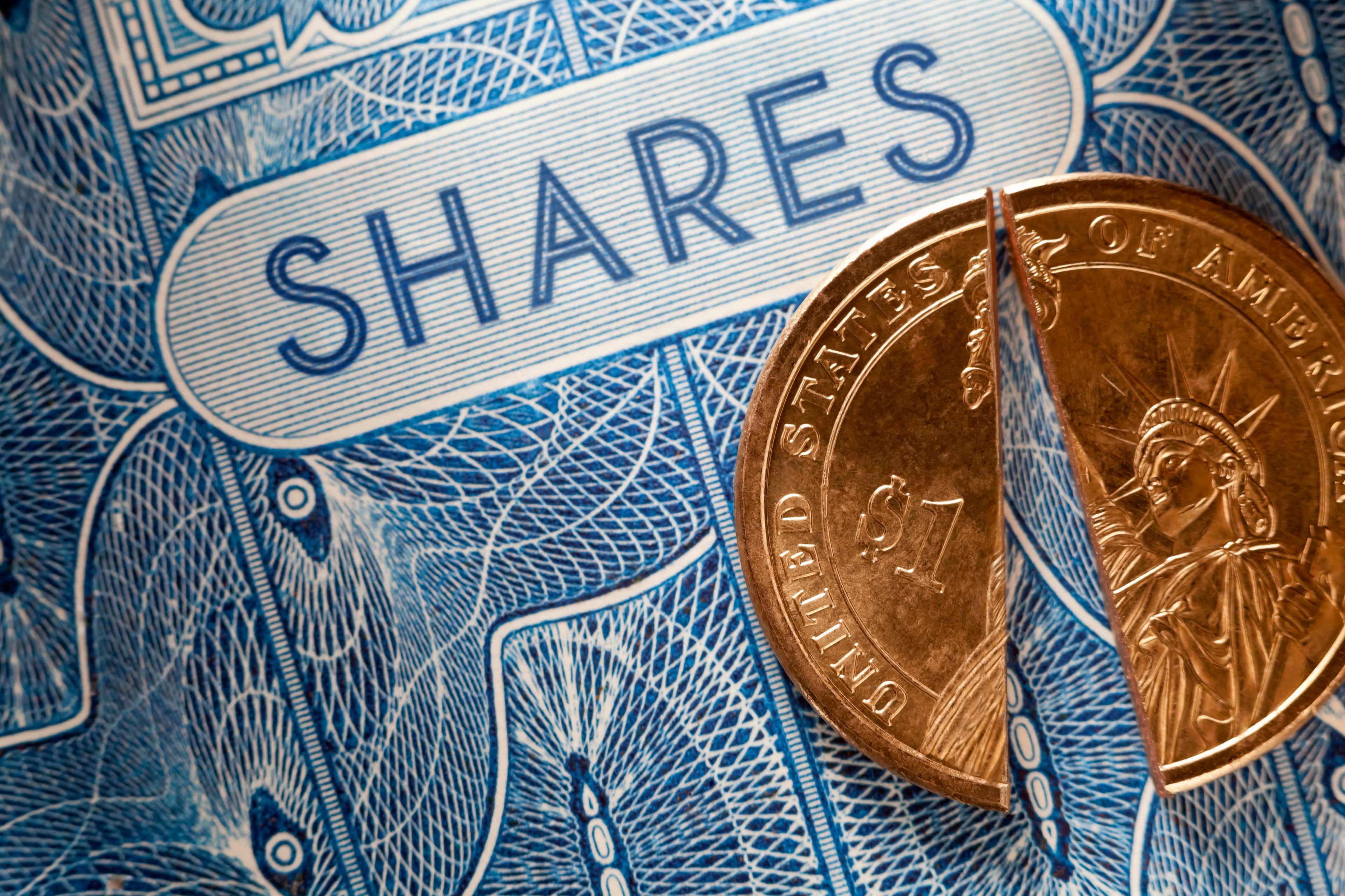On Wednesday, Facebook (FB 1.24%) officially announced its new video platform: Watch. This is an important step in the company's video ambitions, one that's utterly critical if Facebook wants to compete meaningfully with YouTube.
Viewing videos predominantly in the core News Feed mixed in with other content isn't a great solution, and Facebook knows it. Many users "want a dedicated place they can go to watch videos," according to Director of Product Daniel Danker.

Image source: Facebook.
Watch this
Watch will feature content from a wide range of creators and publishers, just like YouTube. There will be professionally produced shows, video content submitted by users, live broadcasts, and more.
The first batch of shows will include original content that TV has helped fund. We've been hearing about these plans for quite some time, including a recent report that these shows would be released in mid-August.
Facebook hopes that it can make video-viewing more social, and wants to help build communities around shows. Watch is starting to roll out in the U.S., and will be available across Facebook's mobile apps, desktop site, and dedicated smart TV apps.
This has been a long time coming
There will probably be a tendency to say that Watch is but Facebook's latest attempt to copy Snap (SNAP +2.44%), as the Snapchat operator has also been betting big that it can turn its platform into a destination for TV shows. Snap has scored a handful of prominent media partnerships that will generate original TV content for Snapchat's Discover tab. It also just so happens that Snap reports second-quarter earnings after the close today, so the timing of Facebook's Watch announcement could be a subtle way of trolling the smaller social media company.
But the truth is Facebook has been working on its video strategy for several years, well before Snapchat even became popular. Even on Facebook's very first public earnings call in July 2012, COO Sheryl Sandberg noted, "One thing to think about in the commerce area or in other areas like video is that our view of the world is things become increasingly social." Facebook would soon begin to invest heavily in video infrastructure, while also acquiring smaller companies for video ad tech like LiveRail. If anything, Snap is copying Facebook here.
It's just that Snap has been able to pursue its video ambitions on an accelerated timeline because instead of investing in video infrastructure directly, which takes many years and costs billions of dollars, Snap outsources cloud infrastructure to the pros -- and pays hefty and ongoing hosting fees.
Facebook has a real chance to create a compelling and viable rival to YouTube, which remains a dominant destination for videos online. Both Snap and Alphabet subsidiary Google should be worried.







